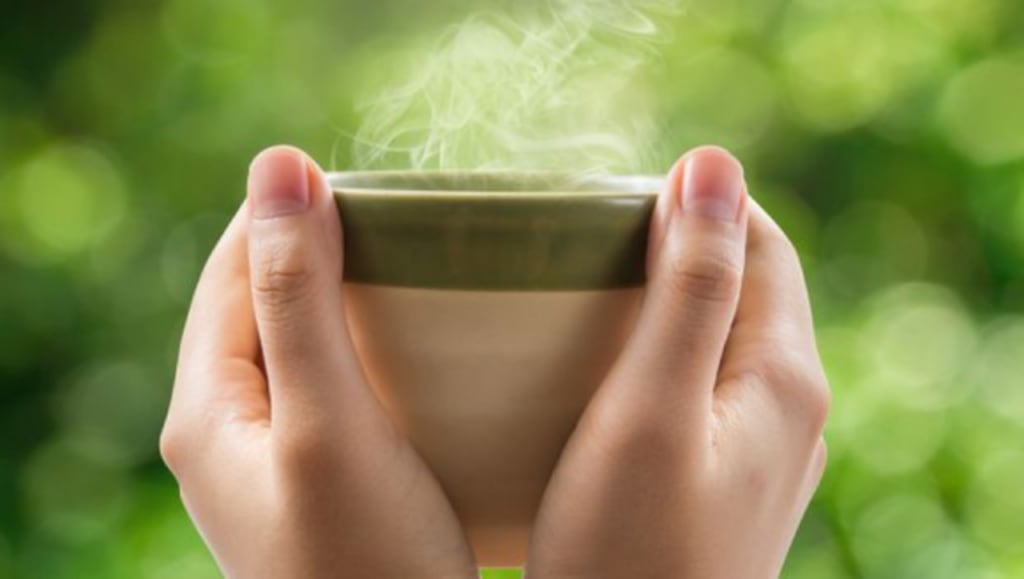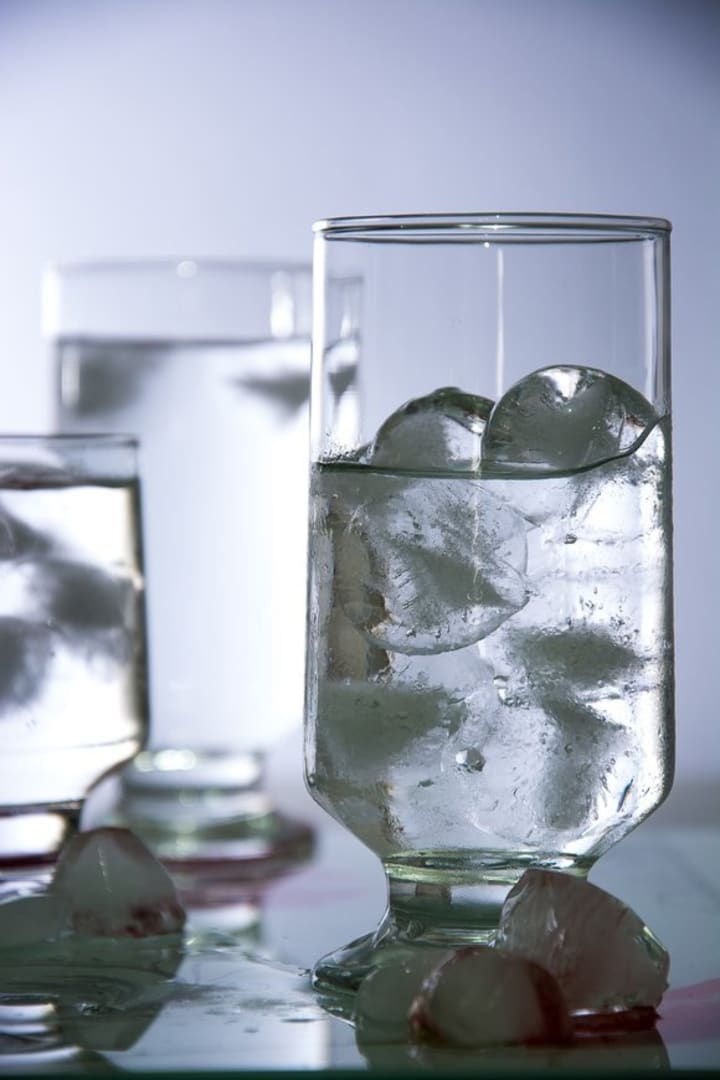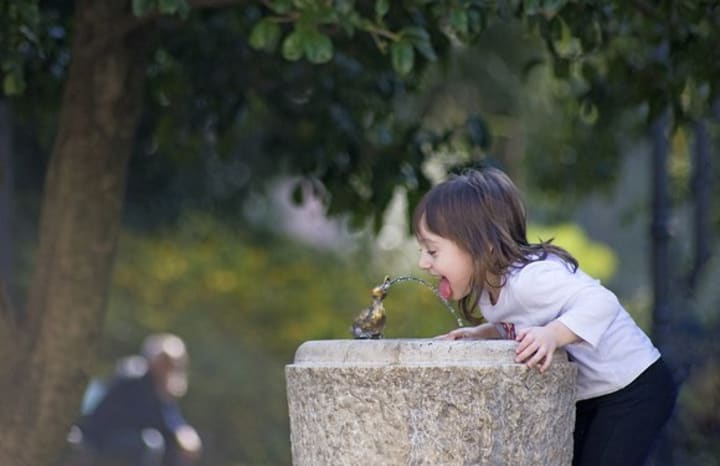The Ayurvedic Way of Consuming Water and Enjoying Great Health
Drinking water in the right way means good health.

Ayurveda is an ancient system of natural medicine that tries to relocate the body within nature. Water is the largest component of our body. Here are a few tips based on this ancient Indian system on how to make the water that you are drinking more effective for your body.
Drink water while sitting instead of standing.

Having a calm mind before drinking water is important, because the circulation in the digestive system gets interrupted otherwise. When you are sitting, your body is calm, as your muscles and the nervous system are more relaxed. Your kidneys too can act unimpeded. To calm yourself, you can try taking at least three deep belly breaths before you consume something. Also, drinking water standing up leads to less absorption by the stomach, and more accumulation at the joints, resulting in the retention of fluids, and consequently arthritis.
Sip the water in cycles of breath-sip-breath.
Do it this way, instead of gulping it all down in a single breath. To get a better understanding of this, you can consult an Ayurvedic expert, as a lot of this depends on your biological constitution. The Ayurveda classifies three doshas in our body—the Vata dosha, the pitta dosha, and the Kapha Dosha. Those with the first should have water at least an hour after a meal. Those with pitta problems can have small sips in between morsels to aid in the digestion process, while those having the last should have the water right before the meal to fill up the empty space in order to prevent them from eating more.
Drink it at room temperature at least.

It is best to avoid drinking cold or chilled water as much as possible, because not only does it expose you to the risk of catching a cold, it also interferes with your digestion. Cold water decreases blood supply to your organs and can lead to constipation. Continued usage would weaken the major organ systems, and can lead to hemorrhage, kidney failure, etc. Drinking water that is slightly warm helps in proper digestion, aids in metabolism, helps in pain relief, and decreases bloating, thus providing comfort. Warm water is also great at managing weight and cholesterol levels in the blood, and helps in cleaning the arteries.
Drink water right after waking up.
The term for this is Upashan, and it is an awesome method of detoxing your body and flushing out the wastes that have accumulated over the night.
Drink water only when you are thirsty.

Different people have different water requirements, and it is best to have water only when you are thirsty, as too much of water can also have adverse effects on your body. However, do not keep delaying once you have the urge to drink water.
Store the water in copper or silver vessels.
Buying an advanced water purifier is great; look to back it up with good water storage practices as well. Only when you store water in copper vessels can you consume cold water. Water stored in copper or silver vessels can balance all the three doshas mentioned above, as these highly reactive metals positively charge the water. The antioxidants and anti-bacterial properties of these metals also help in boosting the immune system of the body, so much so that it can prevent cancer. Such water can remove free radicals from the body, and help cool the intestines. After having it for three months straight, stop it for a couple of weeks.
Don’t drink a lot of water right before or after meals.

This is subject to temperature and geographic conditions, but there should be a minimum gap of 1.5 hours between drinking water and having food. This is higher in the mountainous regions, and lowers in the plains or hot areas. According to Ayurveda, our stomach is roughly the size of four handfuls. The ideal amount of solids is two handfuls (50 percent) and that of water is one handful (25 percent). Another handful (25 percent) should be left empty for the process of digestion in which the gastric juices would mix with the food to form chyme. Having more than this amount of water not only messes with digestion, but also spoils the pH balance in the stomach.
Observe your body signs.
Sometimes it may happen that your body may be dehydrated without you knowing it. Feeling thirsty is not always a reliable sign, and there maybe deep-rooted problems. Here are some indicators as to your body needing water:
- Dryness of lips, skin, eyes, and hair.
- At times, acne resulting from clogged pores are indicative of dehydration n as well. Also skin rashes and burns, and red eyes.
- Decreased amount of, or absence of, sweat.
- Darker urine, especially while urinating for the first time after waking up.
Alternatives to get hydrated
Adding certain substances to your drinking water, which can bind themselves to the water molecules can increase absorption.
- To a 32-ounce water container, add a teaspoon of some unrefined mineral salt like Celtic Sea Salt, Pink Himalayan Salt, or Utah’s Redmond Salt.
- The juice from one lemon.
- Some chia seeds which had been soaked for a few hours
- Slices of a ginger
Remember these tips are of preventive nature, and you can follow them to improve your body. You should always consult your physician in case of persisting problems.
About the Creator
Kedy Semark
A blogger, and editor-in-chief at TheGeneralPost. He writes about balancing life and work. You can connect with him on Twitter.






Comments
There are no comments for this story
Be the first to respond and start the conversation.